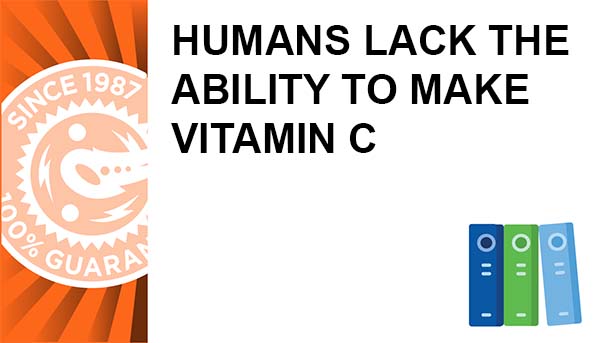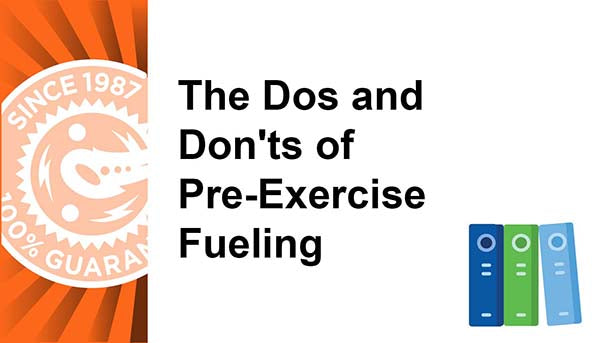
Rethinking the role of Calcium
BY STEVE BORN
Every day, thousands of calcium supplements are being swallowed in the hopes of staving off osteoporosis. Calcium is indeed important to maintain bone health, but mega-dosing on this mineral under the belief that more is better may not benefit you in the long run.
After reviewing 10 years of medical tests involving over 2,700 people, scientists found an association between calcium supplements and an increased risk of arterial plaque buildup and heart damage.
Dr. Erin Michos of the Ciccarone Center for the Prevention of Heart Disease at the Johns Hopkins University School of Medicine states that his study adds to the body of evidence that excess calcium in the form of supplements may harm the heart and vascular system.
Considering that 99% of the total body calcium is located in the bones, it is not surprising that academic proponents of high calcium intake have used as an argument the possible role of calcium deficiency in osteoporosis, says magnesium expert Dr. Guy Abraham. There is no evidence, however, to support this view. Osteoporosis is not more common in those parts of Asia and Africa where diets are relatively low in calcium (300-500 mg/day) than in Europe and North America where consumption of dairy products contributes to more than1000 mg of calcium/day. Also, when patients with severe osteoporosis were given massive doses of calcium, they went into positive calcium balance, but radiographic studies revealed no changes in the osteoporotic process. So where did that calcium go? Obviously into the soft tissues where it does not belong.
Magnesium: Mega-beneficial mineral for bones
A strong case can be made for magnesium as the most important component for bone health instead, especially because magnesium is necessary for the proper utilization of vitamin D and calcium.
Dr. Susan Brown writes, Since magnesium participates in an astonishing array of biochemical reactions, it's no surprise that it's essential for healthy bones. Most notably, adequate magnesium is essential for absorption and metabolism of calcium.
Two separate studies published in the American Journal of Clinical Nutrition showed that insufficient magnesium intake lowered bone minerals, while adequate dietary magnesium intake increased bone mineral density, helping reduce the risk of osteoporosis and related bone fractures.
Speaking solely on bone health and osteoporosis prevention, magnesium is arguably the mineral that is driving the train. Calcium does play an important role in the health of bones, but new research suggests that excess calcium intake, a common practice, can negatively impact heart health.
Essential Mg contains five forms of highly bioavailable magnesium. From supporting optimal bone health to so much more, Essential Mg is an ideal way to ensure that you're receiving optimal amounts of this all-important, health-benefiting mineral.











